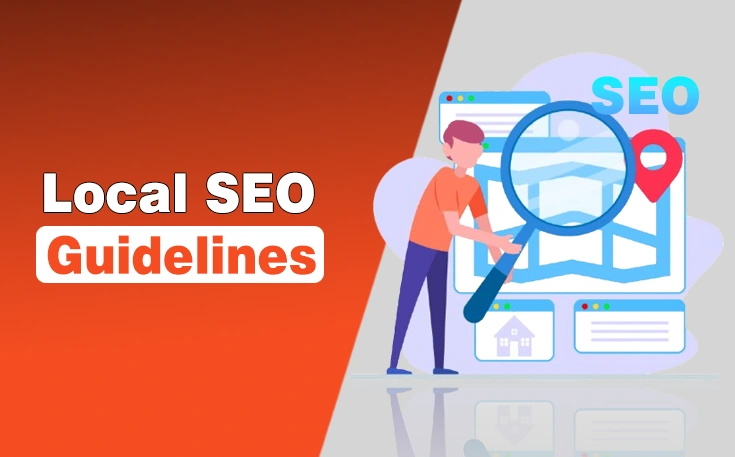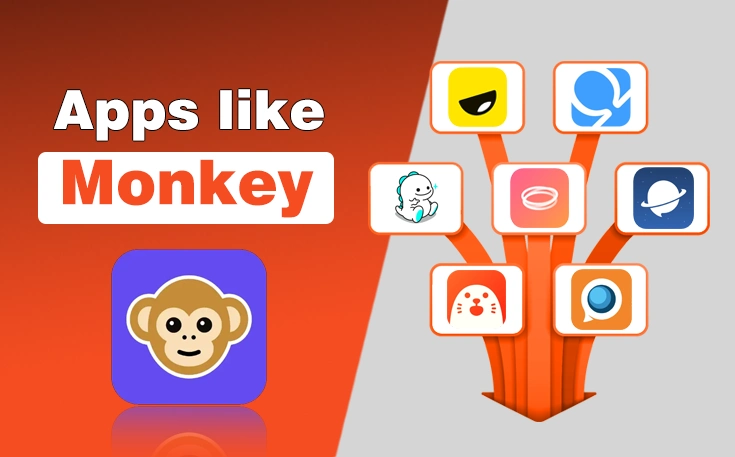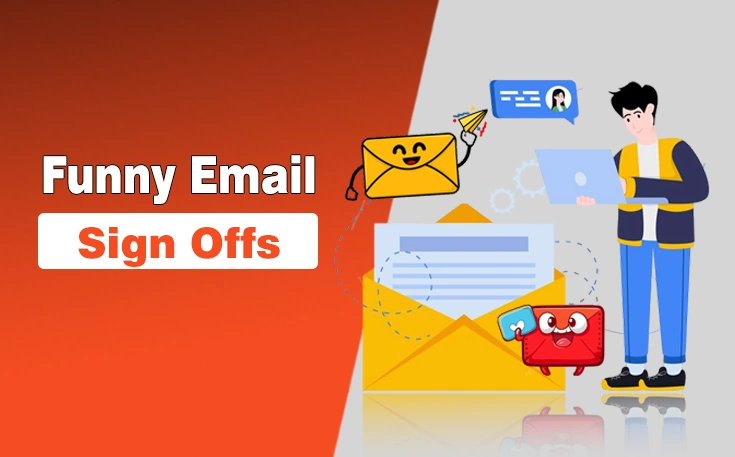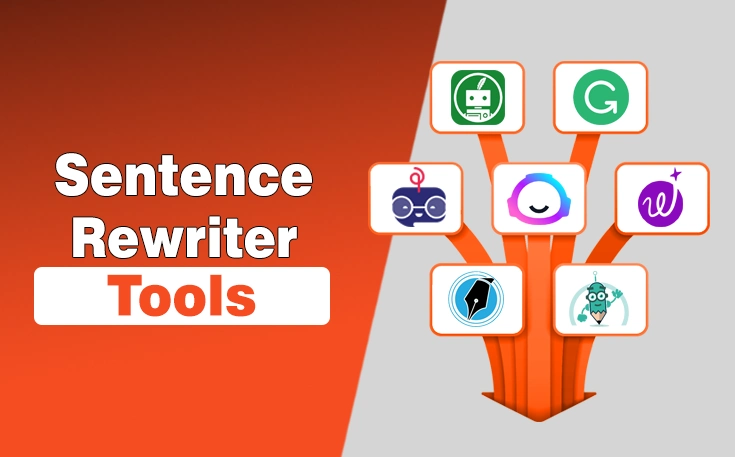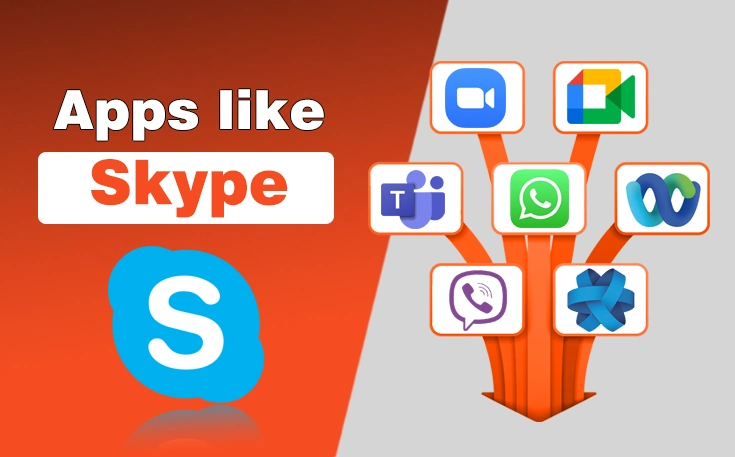Local search engine optimization (SEO) is a great marketing tool for local businesses to rank on local SERPs and drive local traffic. Local businesses can reach more potential customers by improving their search engine ranking with the help of local SEO guidelines.
If you have a local business that serves a specific area, either physically or online, you must plan to target your local users to boost your sales.
I have worked on several local search engine optimization projects, and now I will share my knowledge and expertise to help if you are going to do local SEO of your brand yourself!
Keep reading
What Is Local SEO?
Local SEO is a technique for optimizing your online presence to make it easier for potential customers to find your business in local search results. Any brand or company that serves a specific area can benefit by optimizing its websites for local searches.
Local SEO Guidelines for Beginners
Local businesses must optimize their websites and online profiles to enhance their visibility on search result pages. Here are some of the most effective local SEO solutions and strategies I usually implement for my clients:
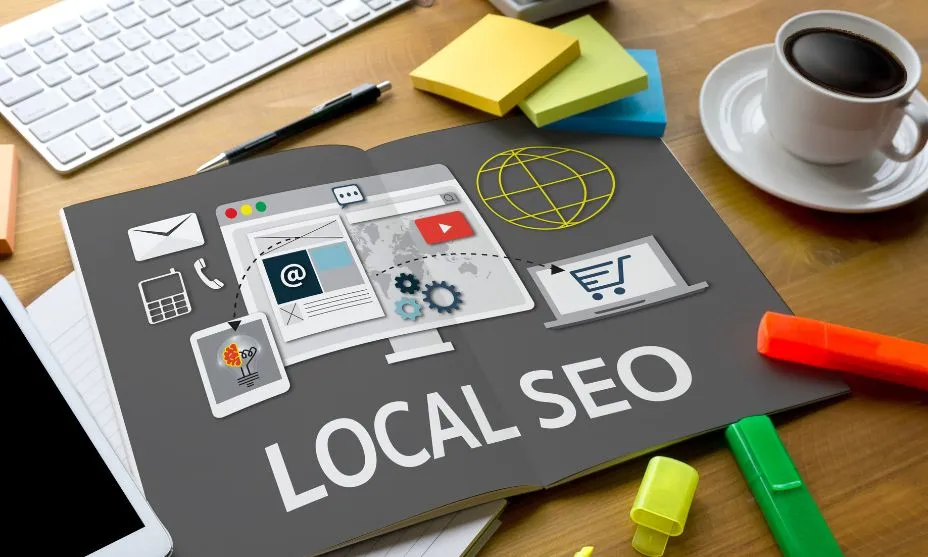
1- Create a Google My Business Profile
Claiming your listing on Google My Business is always on top of local SEO guidelines. It is a free service powered by Google for new businesses to share basic details and information like business name, products or services, location, working hours, contact details, and more.
Creating a GMB account is a simple process. If you are not sure how to get started, you can check our Google My Business profile guide for assistance. Make sure to optimize your account with all essential details to appear in more local searches.
2- Create Local Content
Local content is way more important for local businesses to drive organic traffic to your website. Local content contains local keywords that businesses can find by conducting keyword research. Many SEO tools, such as Ahrefs, Moz, and SEMrush, offer organizations to find suitable keywords related to their products and services.
3- Conduct Competitor Keyword Research
It is necessary to conduct competitor keyword research to get an edge over them. You have to search a competitor’s domain using any reliable SEO tool. We often use Moz Local to gain local insights and other reports useful in local SEO. Your preferred SEO tool will produce a list of the keywords your competitors rank for organically.
Afterward, you can view metrics for search volume and competition. This will help you decide if these keywords are suitable for your website. You should only target those preferable keywords that completely define your services and products and what your potential customers are searching for.
4- Implement On Page SEO
Implementing on-page SEO is all about optimizing your website for the local keywords you identified and one of the vital local SEO factors. The on-page optimization includes:
- Keyword mapping: It’s important to link your target keywords to specific pages on your website. Each page should have a relevant target keyword that reflects its content.
- Title and meta description optimization: To boost your website’s visibility, ensure that you use your target keywords in titles and meta descriptions.
- Content creation: You should create informative and SEO friendly content that perfectly defines your business and your products and services.
- Internal Linking: You can add internal links on various web pages on your website. This will aid site visitors in finding important and helpful information on your site.
- URL Structure: You must create clear and concise URLs for each website post. Each URL should contain a specific keyword according to that post or page.
5- Create Local Landing Pages
Creating local landing pages is essential for ranking in organic local searches. You should optimize these pages using relevant geo-specific keywords and include informative content that appeals to your target audience.
It is important to follow some best practices to create effective landing pages that will drive potential customers to your site. These local landing pages will help drive an organic audience to your site and boost conversion rates.
6- Established a Localized Link-building Strategy
Link building is a vital part of SEO in general, but the localized link-building strategy is a little bit different when building links with other websites. The physical location of websites is also important in building links with your website.
You should try to get links from local websites in your industry that bring local audiences to your website. In addition, you can create local keyword based content that will drive local organic traffic to your site to boost conversion rates.
7- Optimize Your Website For Mobile Devices
It is essential for you to optimize your website for mobile devices because mobile users are more in numbers among the ones who perform Google searches on an everyday basis. Smartphone users access Google to find the answers to their queries. Thus, you can optimize your site to appear in the SERP.
People will likely utilize it to read reviews, get directions to your location, and search for your contact details when they access your website on their mobile devices. So, use a mobile friendly design for your website to improve user experience on mobile devices.
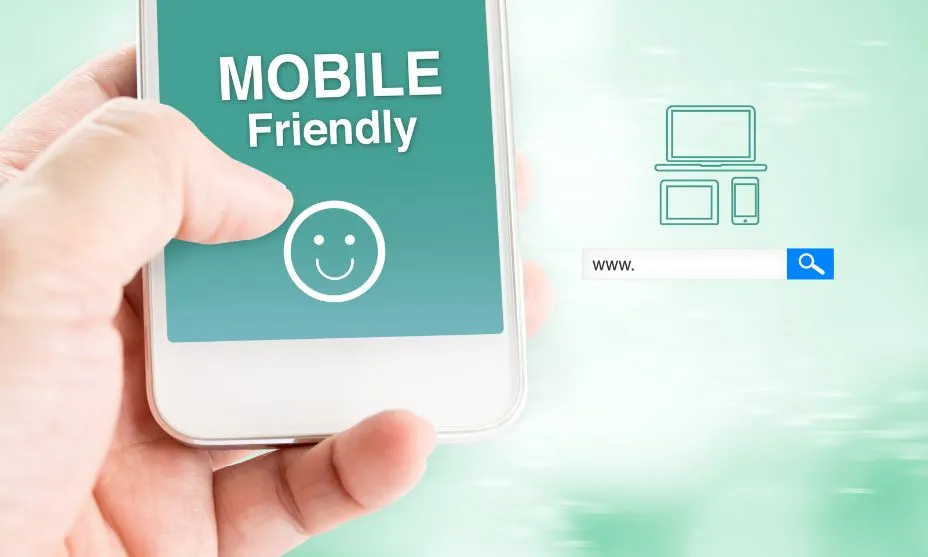
8- Optimize Your Website For Voice Searches
Customers frequently use the voice search option when they want solutions. Voice search is also important to rank your website locally. Optimizing the local SEO of how your customers search through voice search is also important. When they search through voice, they utilize long tail keywords.
So, you must consider the tone of long tail keywords and keyphrases while searching keywords. Searchers will approach you if they get your website on top of voice search results, which will also help enhance conversion rates.
Closing Thoughts
Local SEO is an actionable strategy to drive qualified local traffic to your website. You must follow the correct and strengthened ways to improve your local SEO strategies. You should follow these local SEO guidelines to improve and optimize your business for local search results.
This will enable you to drive an organic audience to your website, boosting your conversion rates. In addition, it will enhance your visibility in local SERPs, which might bring customers loyalty and trust.

